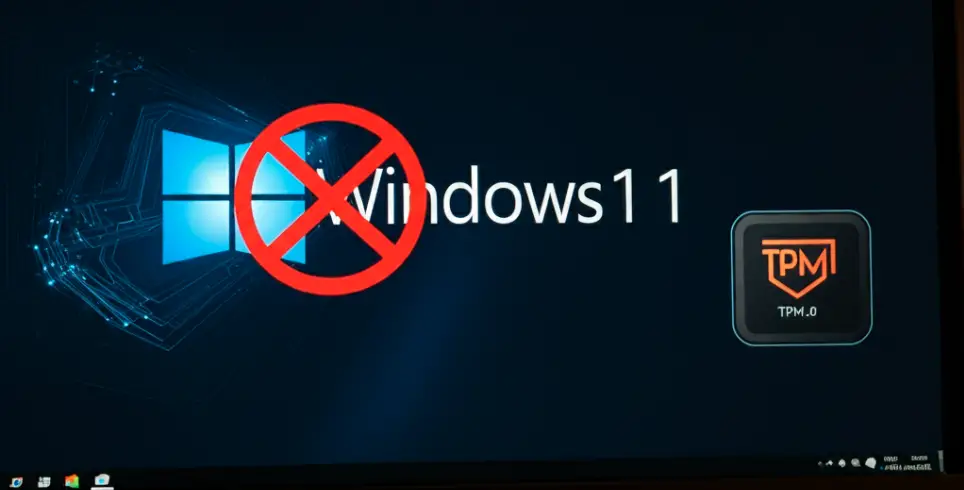
Microsoft is eager for more users to migrate from Windows 10 to Windows 11—but only if their hardware meets the stringent system requirements, such as the presence of a TPM 2.0 chip (Trusted Platform Module), which many older PCs lack.
For devices that do not satisfy these hardware prerequisites, Microsoft will not automatically offer the Windows 11 upgrade. These Windows 10 systems will lose security support in October 2025, after which Microsoft will cease providing security updates—though users may opt into the Extended Security Updates (ESU) program for an additional year of protection.
How, then, can one meet the hardware requirements for Windows 11? The answer, according to Microsoft, is to purchase a new PC. To encourage this transition, the company has published a new blog post extolling the benefits of TPM 2.0, urging users to consider machines equipped with this chip in order to run Windows 11.
The blog highlights several key benefits of TPM 2.0:
- Data Protection: TPM encrypts sensitive information, making it significantly more difficult for hackers to access personal, financial, or confidential data.
- Software Integrity: TPM verifies the integrity of system software and firmware via Secure Boot, helping prevent malware from embedding itself during the startup process.
- Tamper Detection: Should physical tampering of hardware occur, TPM can detect such modifications, halt system boot, and alert the user—protecting against compromised components.
- Advanced Security Support: Many of Windows 11’s advanced security features rely on TPM, which can safeguard data even if the device is lost or stolen.
It is worth noting that Microsoft recently announced the deprecation of Virtualization-Based Security (VBS) on Windows 11 versions 23H2, 22H2, and 21H2. VBS—also known as Memory Integrity or Kernel Isolation—places processes within virtualized environments to protect against memory attacks from malicious processes. However, this feature has been criticized for its negative impact on software and gaming performance.
In addition to TPM, Microsoft also used the opportunity to promote broader advantages of Windows 11:
- Enhanced Security: With TPM support, Windows 11 ensures both the integrity of system software and the encryption of user data—crucial in today’s increasingly complex cybersecurity landscape.
- Superior User Experience: Beyond security, Windows 11 introduces a range of enhancements aimed at improving usability and performance, including a refreshed interface, improved compatibility, and smoother overall operation.
- Future-Readiness: Upgrading to Windows 11 ensures that your system remains aligned with upcoming updates and evolving security technologies.
For many everyday users, the distinction between Windows 10 and Windows 11 remains unclear, as do the hardware prerequisites and implications of losing security updates. With Microsoft refraining from automatically pushing the upgrade, most users simply don’t think about making the switch.
Thus, Microsoft frequently displays pop-up reminders that Windows 10 is nearing end-of-support. However, for the average user whose PC still runs games and applications smoothly, the incentive to purchase new hardware remains low. As a result, the phase-out of Windows 10 is expected to be slow, with the operating system likely to persist in widespread use for years to come.
Related Posts:
- Microsoft Emphasizes TPM 2.0 as a “Necessity” for Secure Windows 11 Deployment
- Windows 11’s TPM 2.0: Free Software Foundation Fights Forced Upgrades and E-Waste
- Two security flaws (CVE-2023-1017 & CVE-2023-1018) found on Trusted Platform Module 2.0
- Unveiling the ‘faulTPM’ Exploit: AMD’s Vulnerable Trusted Platform Module
- Hacking Tesla’s MCU-Z: A Breakdown of New AMD-Based Vulnerabilities
